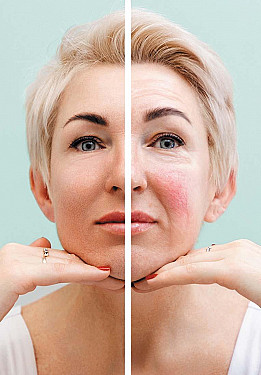How much vitamin D should I take?
Ask the doctor
What's the evidence that — besides reducing the risk of certain bone diseases — there is any other health benefit from taking vitamin D supplements? Some people argue that modern-day humans might be vitamin D deficient, relative to our ancestors. Why? Because our species and its immediate predecessors have been on earth for several million years, spending a lot of time outdoors, soaking up a lot of sun and making a lot of vitamin D. Then, only about 100 to 200 years ago, those of us in the developed nations (like the United States) began to spend our days largely indoors. Therefore, our levels of vitamin D are probably lower than those of our ancestors. (We can't know that, since they didn't test for vitamin D 100 years ago.) It's plausible that such a sudden change in our biology might have adverse health effects.
To continue reading this article, you must log in.
Subscribe to Harvard Health Online Plus (HHO+) to unlock expert-backed health insights, personalized tools, and exclusive resources to feel your best every day.
Here’s what you get with your HHO+ membership:
- Unlimited access to all Harvard Health Online content
- 4 expertly curated newsletters delivered monthly
- Customized website experience aligned to your health goals
- In-depth health guides on topics like sleep, exercise, and more
- Interactive features like videos and quizzes
- Members-only access to exclusive articles and resources
I’d like to subscribe to HHO+ for $4.99/month to access expert-backed content to help make smart, informed decisions about my well-being.
Sign Me UpAlready a member? Login ».
Disclaimer:
As a service to our readers, Harvard Health Publishing provides access to our library of archived content. Please note the date of last review or update on all articles.
No content on this site, regardless of date, should ever be used as a substitute for direct medical advice from your doctor or other qualified clinician.















